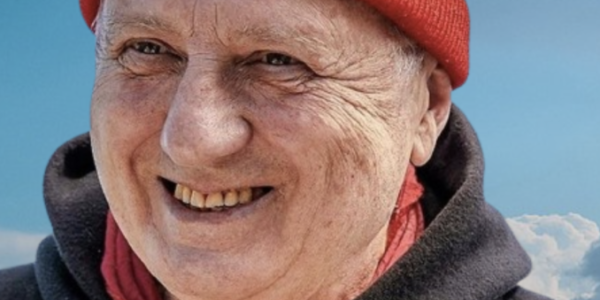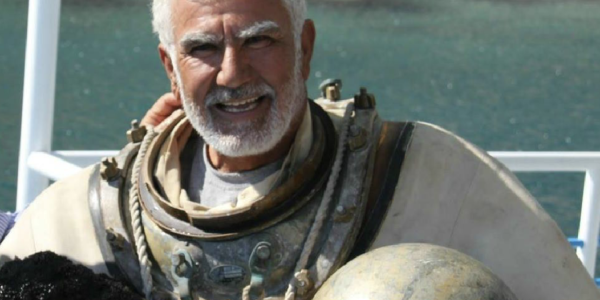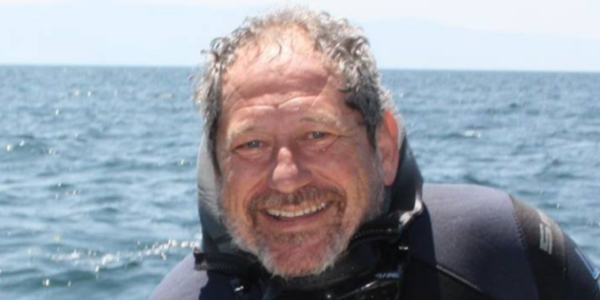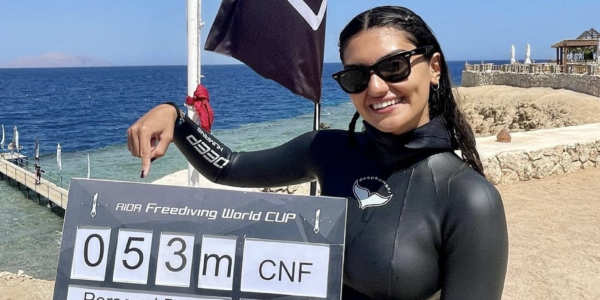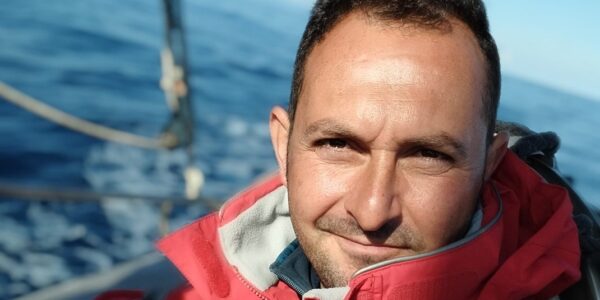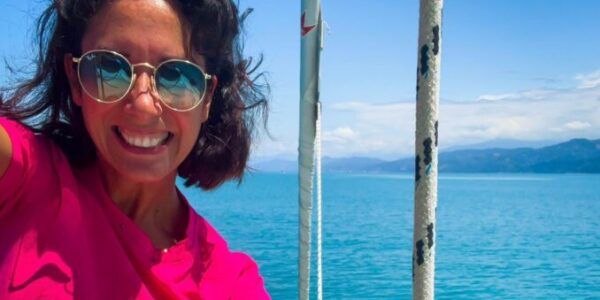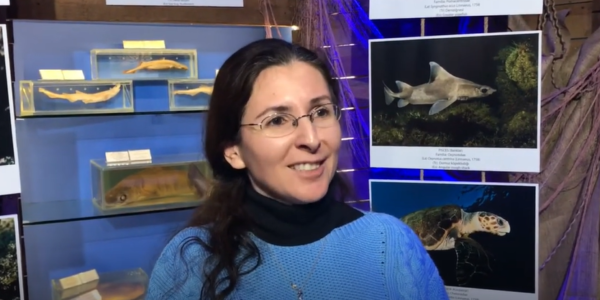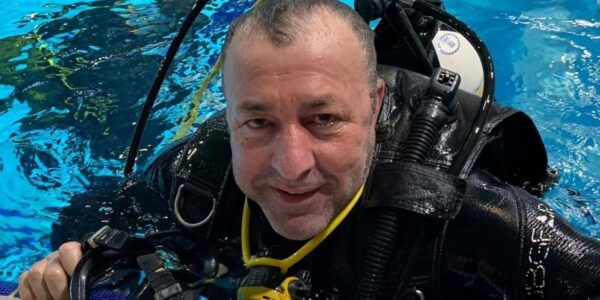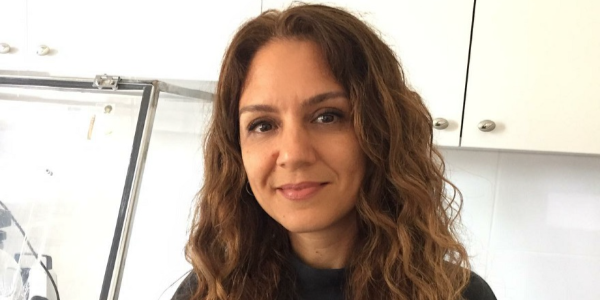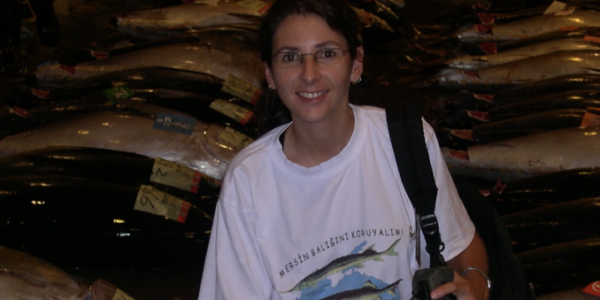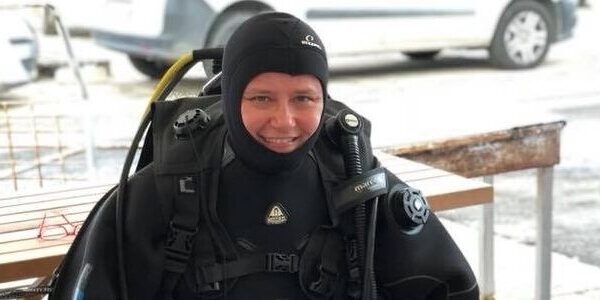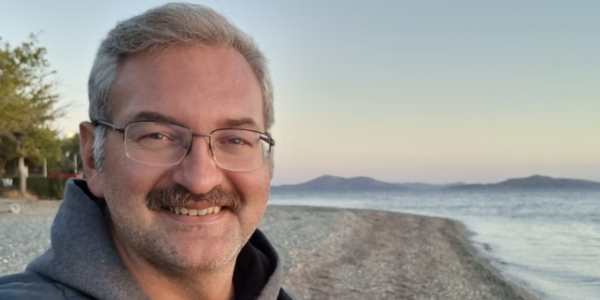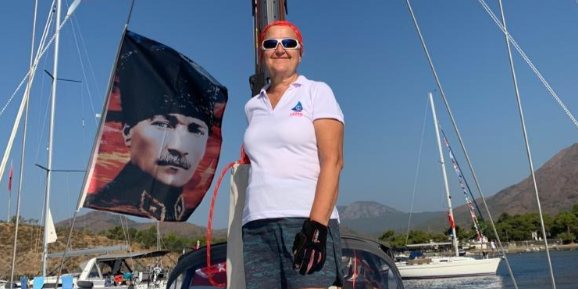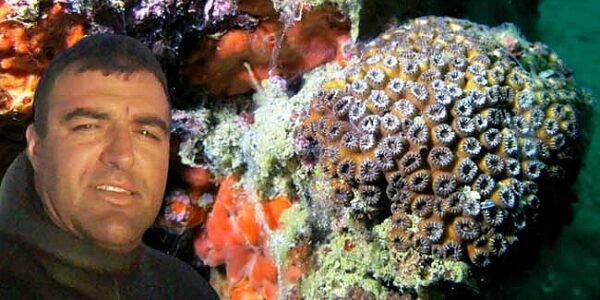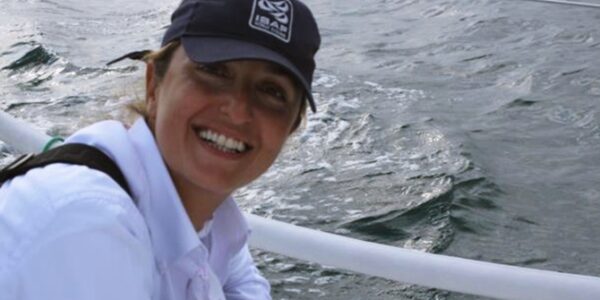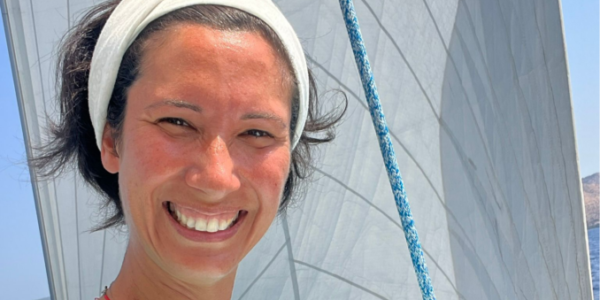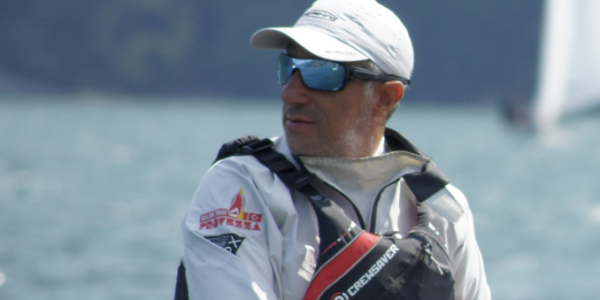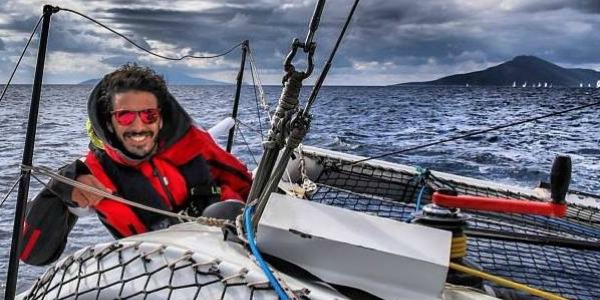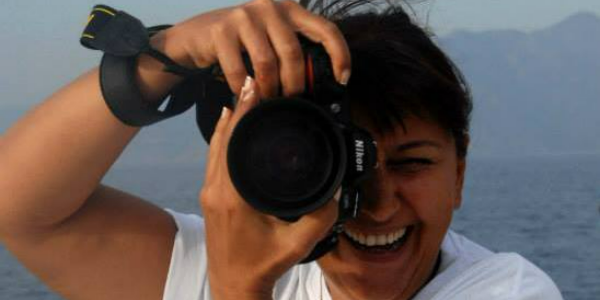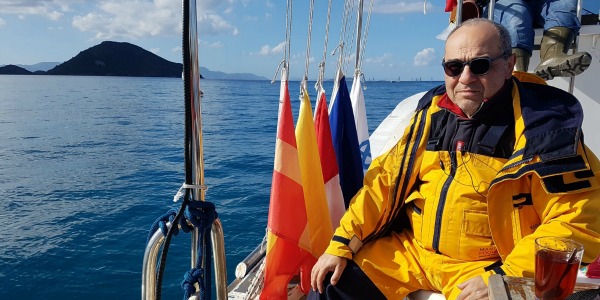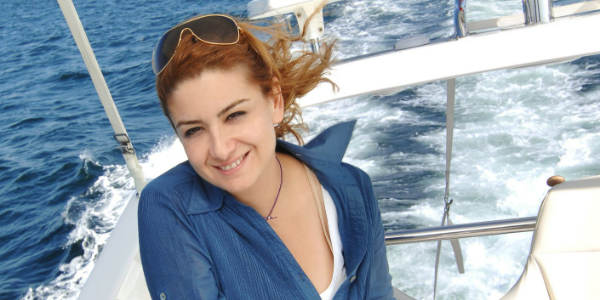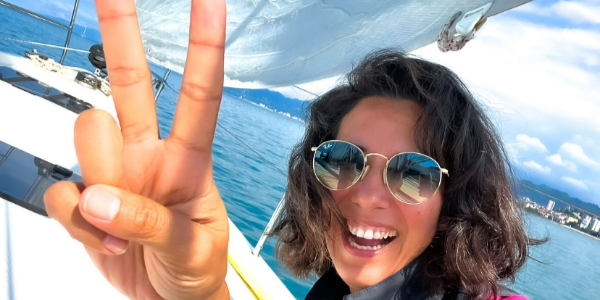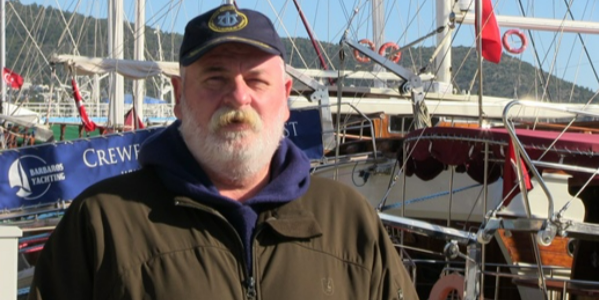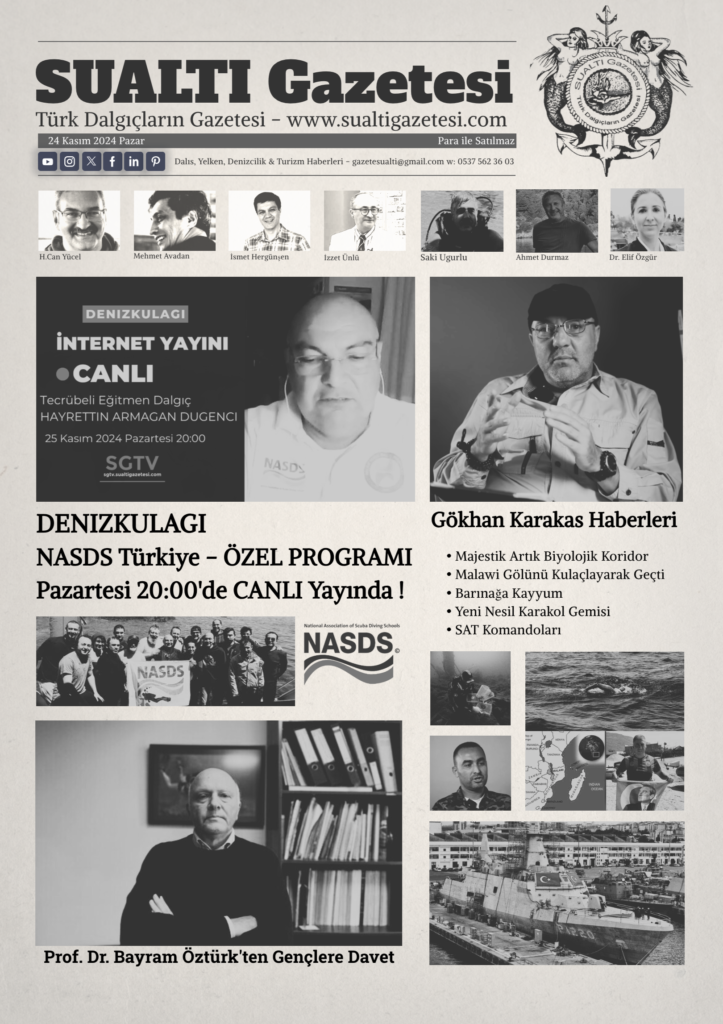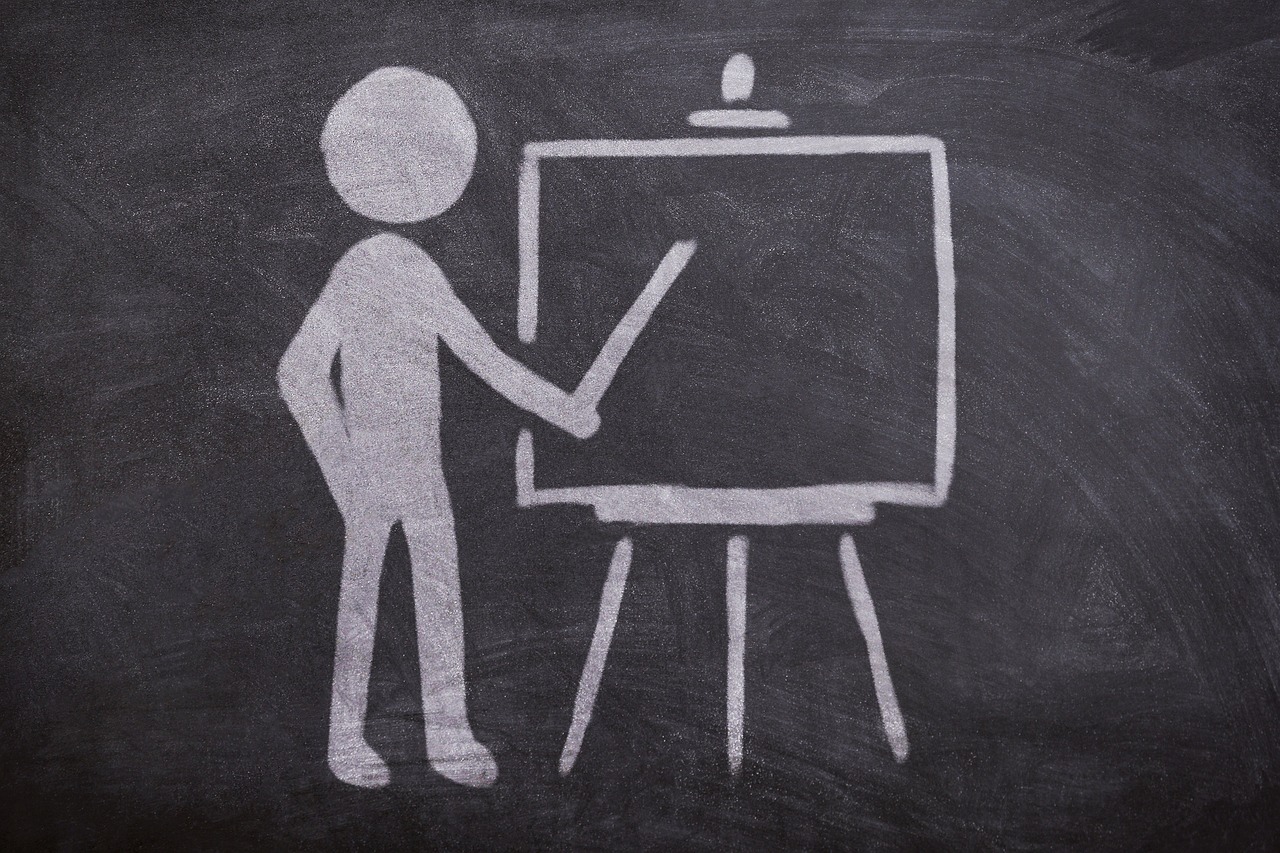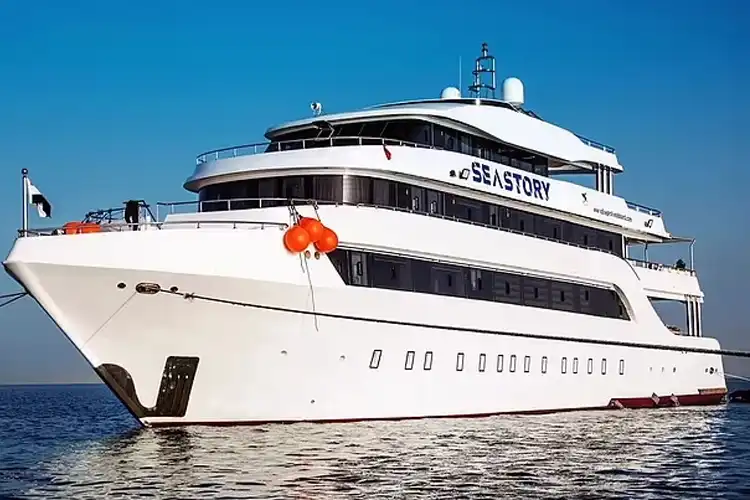
By Mark ‘Crowley’ Russell
Survivors of the Sea Story liveaboard sinking in November 2024, in which 11 people lost their lives, have spoken out about how they felt pressured into signing statements absolving its owner, Dive Pro Liveaboards, of any criminal wrongdoing over the disaster.
In a two-part piece published on the BBC website, 11 survivors of the sinking detail how the tragedy unfolded, deficiencies in safety protocols on board the vessel and the appalling attempts by Egyptian authorities – and Dive Pro Liveaboards – to cover up the litany of failings in the aftermath of the disaster.
Sea Story departed Port Ghalib, Marsa Alam, on 24 November with 46 people on board (previous reports stated 44), including 31 tourists, three Egyptian dive guides and 12 Egyptian crew.
She was on her way to Sha’ab Sataya (also known as Dolphin Reef) when she capsized at around 3 am on Monday, 25 November. She fell on her starboard side, trapping several passengers in the starboard cabins underwater, while her port side and stern remained partially above the waterline.
A search and rescue operation was mounted by the Egyptian Army and Navy and 35 of the people on board were eventually rescued. Five remained trapped in air pockets belowdecks – including a Swiss couple and their dive guide who, trying to escape, found themselves trapped in the engine room – for the better part of 36 hours.
Four bodies were recovered from the overturned boat but seven other people – including British couple Jenny Cawson and Tarig Sinada – have never been found, and are presumed dead.
In the immediate aftermath of the disaster, Egyptian authorities were quick to lay the blame on sea conditions – Red Sea Governor Major General Amr Hanafi said that Sea Story had been capsized by ‘a giant wave’.
It wasn’t the waves
Although high winds had been forecast for that weekend, the survivors tell a different story of weather conditions that night. Although the sea was rough enough that some passengers were unable to sleep, a video shared by one of the passengers shows the crew recovering one of the small RIBs that served as tenders after it had come loose from the dive deck.
Dr Simon Boxhall, a leading oceanographer from the University of Southampton told the BBC that sea conditions ‘were not unusual and consistent with 1.5m waves’ – relatively normal for offshore Red Sea cruises. Dr Boxhall also said it was ‘not plausible’ that a huge wave had struck the vessel. ‘There is no way a 4m wave could have occurred in that region, at that time.’
Sarah Martin, an NHS doctor from Lancaster, also suggested that sea conditions were not as bad as first reported. ‘Looking out at the waves, the weather wasn’t terrible,’ she told the BBC. ‘Furniture was sliding around the deck – we asked the crew if it was normal and they just shrugged, so we didn’t realise the danger we were in.’
Survivors interviewed by the BBC say that although the sea was rough, the boat was ‘more unstable than they would have expected’. It ‘rolled sharply’ before capsizing with ‘a loud bang’ before the engines cut out and the lights failed.
Safety failures became evident the moment that passengers tried to escape. Furniture was unsecured, lifejackets were either not easily available or, if they were, had non-functional lights.
Dr Martin and some of the other passengers who had abandoned ship with her were picked up by one of Sea Story’s RIBs, which had the captain and several crew members already on board. They drifted for eight hours with no food, no water, and a torch without batteries before being picked up by rescue boats.
All accounts confirm that Sea Story sank between 2 am and 3 am, and yet it has been reported that no alarm was raised until 5.30 am. Once the rescue vessels reached the stricken liveaboard, it would be another 27 hours before those who were trapped in their cabins would be rescued.
Lucianna Galetta and Christophe Lemmens, the Swiss couple trapped in the engine room with one of the Egyptian dive guides, named Youssef al-Faramawi, were found by Youssef’s uncle Khattab – himself a dive instructor.
Although forever grateful for al-Faramawi’s efforts to reach them, Ms Galetta questioned why a local dive instructor was first to reach her, and not a rescue diver from Egyptian Navy, who had arrived at the scene.
‘We waited 35 hours.’ she told the BBC. ‘I don’t understand how there are no divers on the Egyptian military boats.’
‘Sign this piece of paper…’
Safely back on land, however, the survivors’ ordeal was far from over. Some were taken to hospital for treatment and others were put up in a resort, but were immediately put under pressure to sell the story that were survivors of a freak accident of nature.
One survivor told the BBC that they were subject to what felt like an ‘interrogation’ by people they were told were judges, part of an official investigation by Egyptian authorities. Dr Martin said they were told not to leave the interview room until everybody had given witness statements – which were then translated into Arabic by a Dive Pro Liveaboard employee.
Spanish Diver Hissora Gonzalez told the BBC that the employee told her she had to tell him what happened, and without identifying himself said, ‘then you have to sign this piece of paper.’
All of those interviewed by the BBC said that they had no idea what was written on the documents they were being asked to sign, although some managed to use their phones to translate parts of the Arabic version of their witness statements and found that key details they had mentioned concerning safety failures had been omitted by the Dive Pro Liveaboard translator.
Dive Pro Liveaboard representatives also tried to force survivors to sign waivers absolving the company of blame for the incident, some while giving their witness testimony, others just as they were heading for the airport in Cairo.
One of the survivors told the BBC that a Dive Pro Liveaboard representative falsely tried to claim that the documents they were being asked to sign were ‘clearance papers’ to get through the security checkpoints between Marsa Alam and Cairo, because their passports had been lost at sea.
Egyptian liveaboard safety failings
Sea Story is the second fatal incident involving Dive Pro Liveaboard, following the death of a German woman in a fire that destroyed Sea Legend in February 2024.
Shortly after the Sea Story tragedy, divers told Sky News they had concerns about ‘boat safety standards’ on board Dive Pro Liveboard’s other vessel, Sea Pearl, saying that there was no proper muster drill and a lack of available lifejackets
Five Egyptian liveaboards were lost in 2024 – and another incident which went largely unreported was averted at the last minute in mid-December, when 28 passengers and crew were rescued after their boat suffered damage and began taking on water in high seas just after leaving Port Ghalib.
In June 2023, three British divers were killed when the popular liveaboard Hurricane caught fire at Elphinstone reef, two months after Carlton Queen capsized near Sha’ab Abu Nuhas.
In the wake of the Sea Story sinking, Egyptian authorities have attempted to appear as if they are taking action to prevent further liveaboard safety failings by imposing additional certification requirements on crew engineers, resulting in the cancellation of many liveaboard trips in late December and January 2025.
Whether or not the extra certifications will make any difference to liveaboard safety is uncertain. However, the tragic sinking of Sea Story has elicited a response from the UK government’s Maritime Accident Investigation Branch (MAIB), warning that there is ‘cause for serious concern‘ about the safety of tourist boats in the Egyptian Red Sea.
MAIB is currently preparing a safety bulletin concerning Egyptian liveaboards, which will be published here in due course.
The post Survivors speak of Sea Story liveaboard sinking cover up appeared first on DIVE Magazine.

